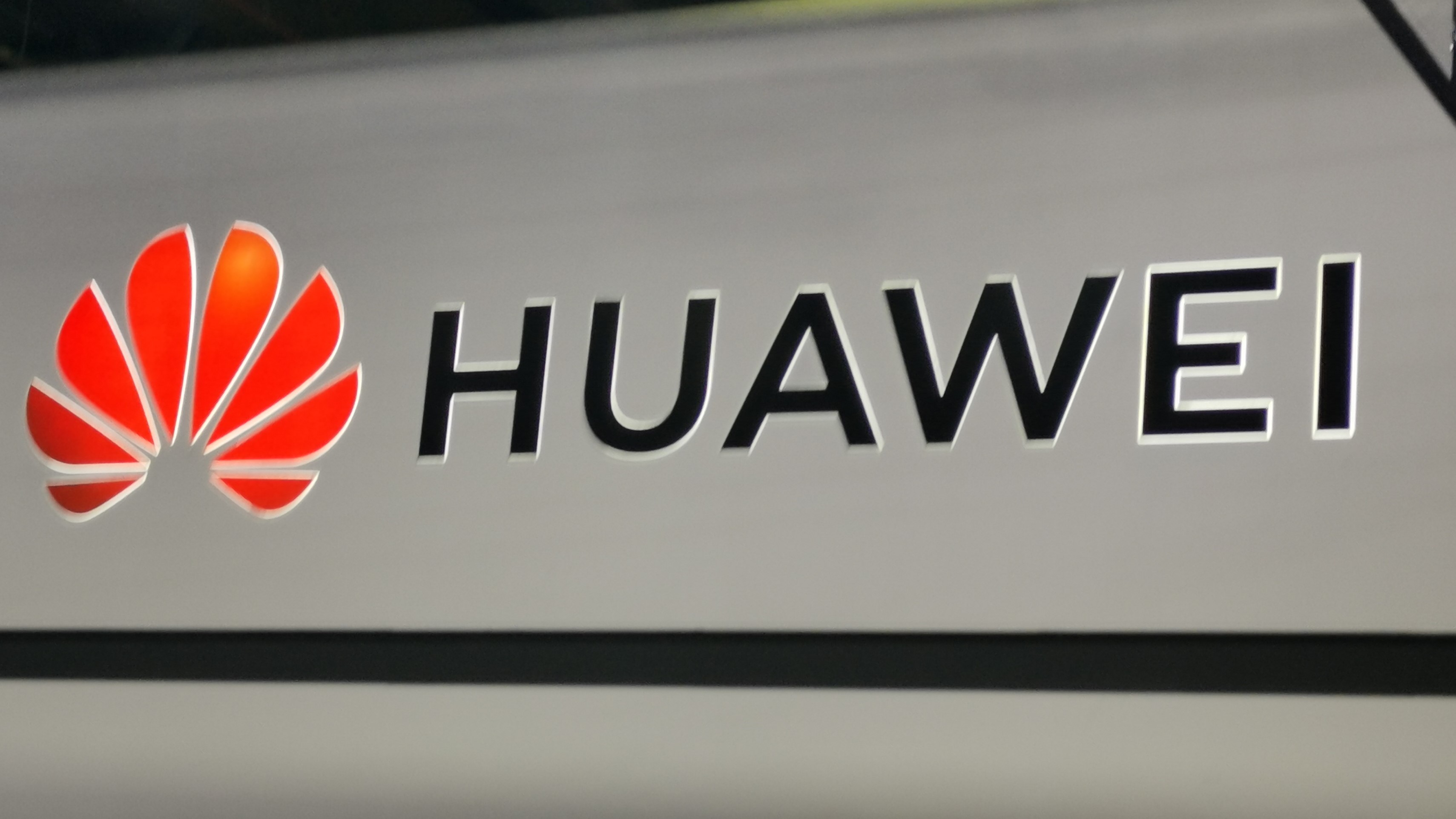Huawei patent defeat could change 5G licensing landscape
Huawei is defeated in the UK Supreme Court

The UK Supreme Court has ruled against Huawei in a patent dispute that could have lasting ramifications for the way that technologies essential to mobile network standards are licensed around the world – including 5G.
Both Unwired Planet and Conversant Wireless alleged the Chinese mobile giant had infringed their intellectual property by failing to acquire sufficient licences for the worldwide use of technologies that are considered essential to 2G, 3G and 4G mobile communications.
Companies that contribute their technologies to global technological standards become the holders of Standards Essential Patents (SEPs) and are entitled to royalties from products that utilize their innovations.
- Huawei slams new chip restrictions
- Here's our list of the best business smartphones out there
- What does Huawei US ban mean for you?
In exchange, SEP holders are required to licence their technologies on Fair Responsible and Non-Discriminatory (FRAND) terms. For example, Nokia expects to make €3 on every 5G smartphone sold.
However, there are numerous instances in recent history of disputes between companies over FRAND royalties. Meanwhile, some larger companies have questioned the legitimacy of certain patents in some jurisdictions, requiring expensive and time consuming legal battles to enforce licences in various markets. Such litigation can often be beyond the resources of smaller patent holders.
Huawei patent battle
In this case, Huawei had argued that it was only required to licence Unwired Planet’s patents on a UK basis as a global licence would not have been FRAND.
However, the Supreme Court’s ruling means that any organisation wishing to use SEPs in products intended for the UK market can be forced to take out a global licence. A failure to do so could result in injunctions that restrict a firm’s ability to access the UK market.
Are you a pro? Subscribe to our newsletter
Sign up to the TechRadar Pro newsletter to get all the top news, opinion, features and guidance your business needs to succeed!
“We are pleased with the UK Supreme Court's decision,” said Unwired Planet. “[We] believe that global licensing is the most efficient and effective solution for both licensors and licensees. We look forward to continue working with other manufacturers to offer licenses to our patents under this global FRAND framework and conclude negotiations in a timely manner.”
“We are obviously extremely pleased at the decision of the UK Supreme Court on a topic fundamental to how IP is licensed in the Telecoms sector,” added Conservant Wireless CEO Boris Telsker. “The decision reflects the court’s deep understanding of the issues that affect our sector and encourages us to drive this industry forward.”
Huawei will now have to enter into licences with Unwired Planet under FRAND terms or risk being restricted in the UK. However, the ruling could have consequences for the entire industry. Indeed, Huawei had received the support of other major technology firms such as Ericsson and Qualcomm in its appeal.
“We and our clients have faced significant pressures along the way, including opponents with significant resources who have thrown everything at us in an attempt to deflect our clients from securing the relief to which they were entitled,” said Gary Moss, Head of Legal at EIP, which represented Unwired Planet and Conservant Wireless.
“Many in the industry thought that what we were attempting was crazy and hopeless. But we and our clients have held firm; along the way we have gone through 12 major trials and appeals and innumerable interim Court hearings. We always believed in our clients’ case and seven years later we are delighted to have our belief endorsed by the Supreme Court.”
TechRadar Pro has approached Huawei for comment.
- These are the best 5G phones you can currently buy
Steve McCaskill is TechRadar Pro's resident mobile industry expert, covering all aspects of the UK and global news, from operators to service providers and everything in between. He is a former editor of Silicon UK and journalist with over a decade's experience in the technology industry, writing about technology, in particular, telecoms, mobile and sports tech, sports, video games and media.